China
2012
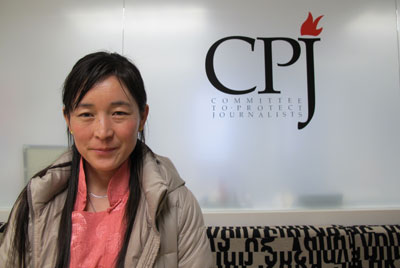
Four years on, wife calls for Tibetan filmmaker’s release
Lhamo Tso has not spoken to her husband Dhondup Wangchen since March 17, 2008. She, their four children, and his elderly parents live in India, and hear of him only when his sister visits the Xichuan Prison in Qinghai province, western China, where he is serving six years. Through glass, he passes on the news:…
China’s new law sanctions covert detentions
New York, March 14, 2012–China has approved revisions to its criminal code that grants police broad powers to hold journalists and others who discuss sensitive national issues without charge in secret detention for up to six months, according to news reports.
Will China’s new detention law matter? Ask Zhang Mingyu
“Zhang Mingyu isn’t out of danger yet.” These words, posted at 7:37 p.m. Wednesday on the Sina Weibo account of Chongqing property developer Zhang Mingyu after his detention by police, mark the latest twist in a story of political intrigue leading up to this week’s legislative meetings in Beijing. As required by China’s hardworking censorship…
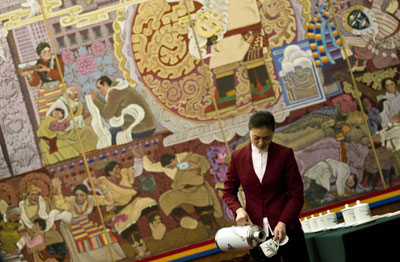
Journalists at work in China: Tibet and Beijing edition
China media analysts are looking to two significant events to shape coverage this month: The anniversary of a failed uprising in Tibet, and the annual meetings of China’s top political bodies, the National People’s Congress and the Chinese People’s Political Consultative Conference in Beijing. Journalists at work in both areas attracted coverage of their own…
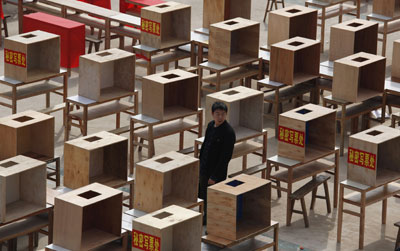
On board the election bus in China’s Wukan
Village elections taking place this weekend in southern Guangdong province’s Wukan illustrate the strengths and weaknesses of China’s media control. Censorship measures have not prevented strong domestic and international coverage of the democratic process. But has official tolerance of dissenting views increased since leaders cracked down on the attempted Jasmine revolution last year? Or is…

‘Invisible Tibet’ blogger elicits China’s extra-judicial ire
Beijing-based blogger Woeser reported on her website Invisible Tibet today that she has been confined to her residence by Beijing public security officers who are stationed outside her home. Woeser, an outspoken critic of Chinese government policies in Tibet, has written about a series of recent self-immolations among monks and arrests of writers in western…

Ethnic violence renews information clampdown in China
Two months into 2012, all-too-familiar stories are emerging from China’s troubled minority regions, Tibet and Xinjiang. Following riots against Chinese rule in 2008 and 2009, violence and its corollaries–increased security and censorship–have become commonplace. Independent bloggers and journalists who cover the unrest pay a high price: Over half the 27 journalists documented by CPJ in…
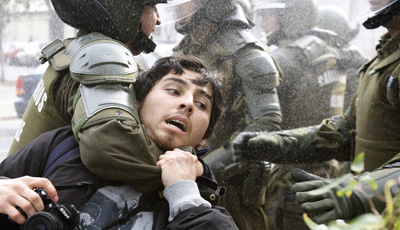
Attacks on the Press in 2011: Abolishing Censorship
Even as trade and new systems of communication turn us into global citizens, the information we need to ensure accountability often stops at national borders. New platforms like social media are valuable tools, but the battle against censorship is hardly over. By Joel Simon
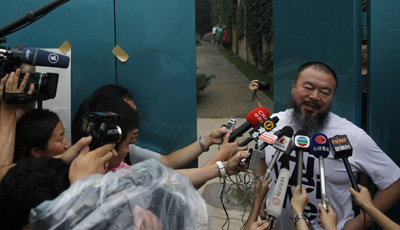
Attacks on the Press: China Holds Fast to Information Control
Internet users posed ever-bigger challenges to Beijing’s media controls, boosting debate on public safety and censorship. But ahead of a 2012 leadership transition, the Chinese Communist Party looks likely to fiercely suppress dissent. By Madeline Earp